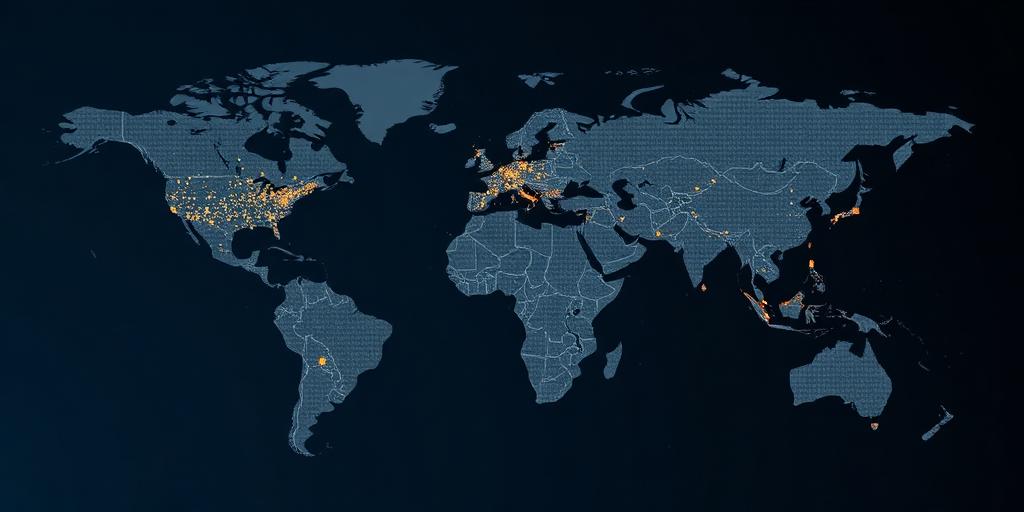The Ethical Use of Data in Conflict Zones
In conflict zones, data has emerged as a powerful tool, offering the potential to improve humanitarian aid, monitor human rights, and promote peacebuilding. However, the use of data in these sensitive environments also raises significant ethical concerns. This blog post explores the ethical considerations surrounding the use of data in conflict zones, providing guidance on how to harness its potential while mitigating risks.
The Promise of Data in Conflict Zones
Data can play a transformative role in conflict zones, including:
- Improving Humanitarian Aid: Data analysis can help aid organizations understand the needs of affected populations, optimize resource allocation, and ensure that aid reaches those who need it most.
- Monitoring Human Rights: Data collection and analysis can be used to document human rights violations, identify patterns of abuse, and hold perpetrators accountable.
- Promoting Peacebuilding: Data can be used to identify the root causes of conflict, track peacebuilding efforts, and promote reconciliation.
Ethical Considerations
Despite its potential benefits, the use of data in conflict zones raises several ethical concerns, including:
- Privacy and Security: Data collection and storage can pose risks to the privacy and security of individuals and communities, particularly in environments where trust is limited and data breaches can have serious consequences.
- Informed Consent: Obtaining informed consent from individuals and communities affected by conflict can be challenging, particularly when they are vulnerable or lack access to information.
- Bias and Discrimination: Data can reflect existing biases and inequalities, leading to discriminatory outcomes if not carefully analyzed and interpreted.
- Weaponization of Data: Data can be used to target individuals or groups, spread misinformation, or manipulate public opinion, exacerbating conflict dynamics.
Ethical Principles for Data Use in Conflict Zones
To guide the ethical use of data in conflict zones, consider the following principles:
- Do No Harm: Prioritize the safety and well-being of individuals and communities above all else. Assess potential risks and take steps to mitigate them.
- Respect Privacy: Protect the privacy of individuals and communities by implementing robust data security measures and minimizing data collection.
- Obtain Informed Consent: Seek informed consent from individuals and communities before collecting or using their data, ensuring that they understand the purpose, risks, and benefits of data use.
- Promote Transparency: Be transparent about data collection and use practices, sharing information with affected communities and stakeholders.
- Ensure Accountability: Establish mechanisms for accountability to address data breaches, misuse, or unintended consequences.
Conclusion
The ethical use of data in conflict zones requires careful consideration of the potential risks and benefits. By adhering to ethical principles and best practices, data can be a powerful tool for improving humanitarian aid, monitoring human rights, and promoting peacebuilding. However, failure to address ethical concerns can lead to unintended consequences, exacerbating conflict dynamics and undermining trust. As data continues to play an increasingly important role in conflict zones, it is essential to prioritize ethical considerations to ensure that data is used responsibly and for the benefit of all.









